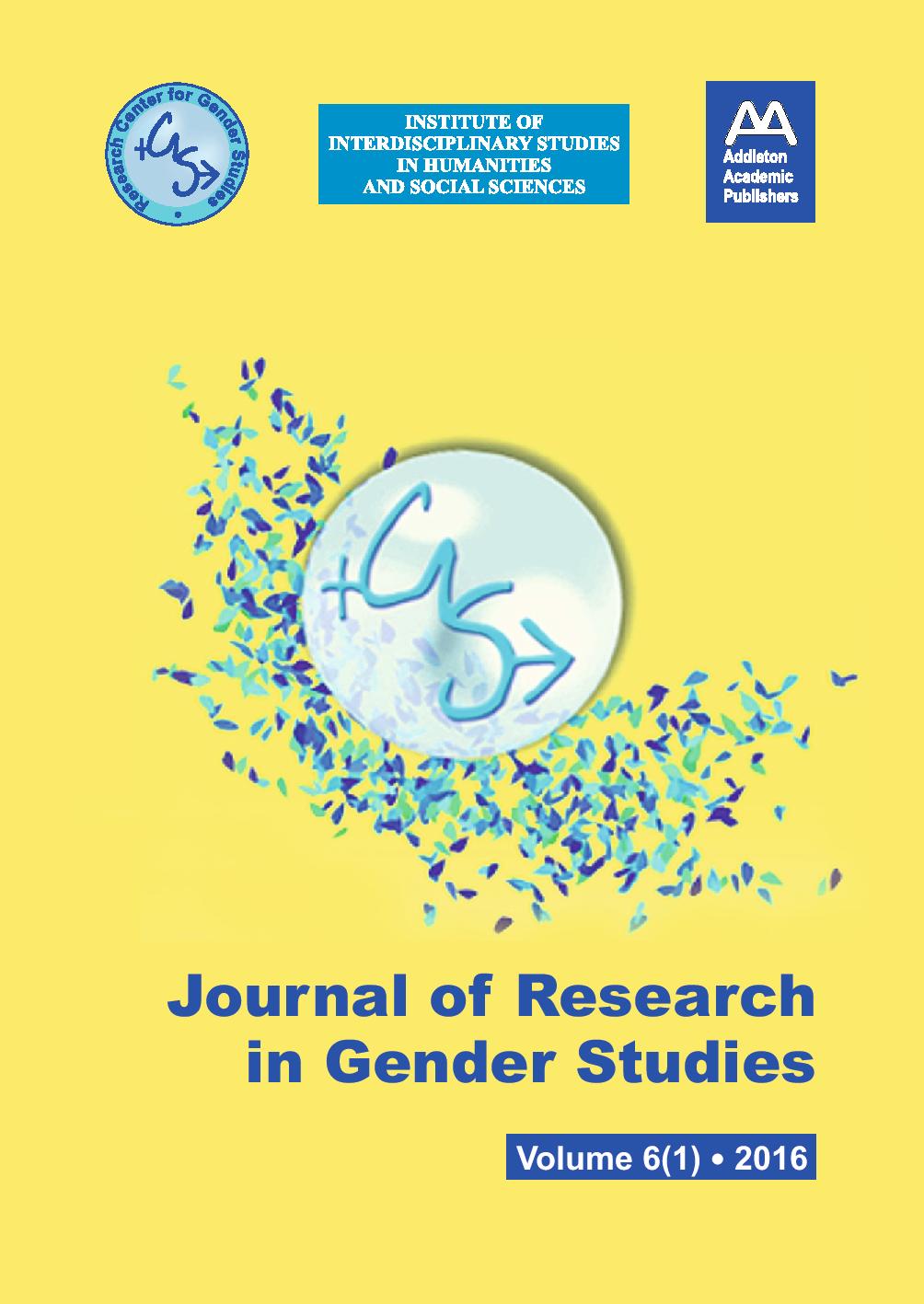TOOLS FOR CHANGE: BOOSTING THE RETENTION OF WOMEN IN THE STEM PIPELINE
TOOLS FOR CHANGE: BOOSTING THE RETENTION OF WOMEN IN THE STEM PIPELINE
Author(s): Joan C. Williams, Katherine W. PhillipsSubject(s): Gender Studies, Applied Sociology, Social differentiation, Ethnic Minorities Studies
Published by: Addleton Academic Publishers
Keywords: gender bias; STEM; racial/ethnic minorities; women; science; technology;
Summary/Abstract: This study details how gender bias plays out in everyday workplace interactions in science, technology, engineering, and math (STEM). It is based on in-depth interviews with 60 women scientists of color (chiefly professors), and a survey of 557 women scientists (of all races). Different types of gender bias were reported at different rates. Prescriptive gender bias was most common (76.3% of women interviewed reported it), followed by descriptive gender bias (66.7%) and gender bias triggered by motherhood (64.0%); just over half of the women interviewed (55.3%) reported situations in which gender bias against women fueled conflicts among women. The survey found dramatic differences by race, notably that Black women scientists were more likely than other women to report that they had to prove themselves more than their colleagues, that Asian-American women scientists reported more pressure to behave in feminine ways (and more push-back if they didn’t), and Latina scientists were more likely to be called “angry” or “too emotional” if they behaved assertively. The study concludes by introducing a new approach to organizational change to interrupt gender bias, called Metrics-Based Bias Interrupters.
Journal: Journal of Research in Gender Studies
- Issue Year: 6/2016
- Issue No: 1
- Page Range: 11-75
- Page Count: 65
- Language: English
- Content File-PDF

